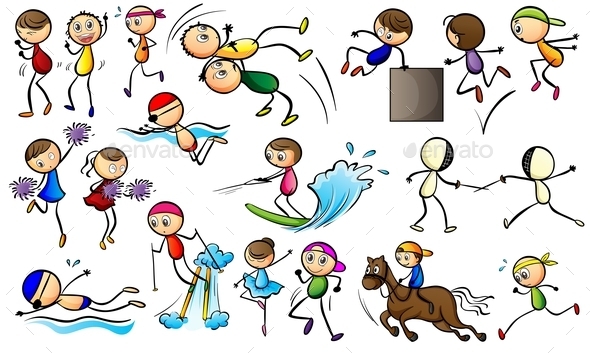From: www.theguardian.com
When choosing my degree, I was young, naive and full of false expectations. Here's what I've learnt
As a sixth form student choosing to do a law degree, I wish I'd have been better informed about what it's really like to be a law student. I was young, naive and full of false expectations. I hope that these ten things will be useful to those considering a law degree and that current law students can relate to them.
1. Career prospects
Law is a well respected degree but its graduate prospects are not as good as universities like to make out. Law firms and chambers have been reducing the number of training contracts and pupillages, with some firms cancelling their next trainee intake. Furthermore, a law degree does not guarantee riches. There is a stark contrast between the high earnings people think lawyers are paid and what they are actually paid. I'm sure that the Criminal Bar Association can verify this.
2. There's so much reading
I had some idea that there would be a lot of reading, but I had no idea that horror stories of law students spending all day and all night in the library were actually true. There is a LOT of reading. I once spent so much time in the library that I genuinely started to feel homesick. Be prepared to study long and hard hours as a law student.
3. Work hard, work smart, be organised
The workload becomes easier if you are well organised and focus on working efficiently. Planning ahead early and prioritising work over play avoids dreaded all-nighters. When reading, one should focus on the end goal: learning the law in order to apply it correctly in an exam. Shortcuts in reading may be made too: having an idea of a case's facts and legal principle mean that the case report may be read much more quickly with more focus on the key points. This is not something which is taught; rather I have had to learn this myself during my law degree.
4. Everyone will try to pawn free legal advice from you
If I had a pound for every time a friend has asked a legal question ... For some reason, people think that law students are overflowing fountains of legal knowledge to be tested at will. This is simply not the case. No, I do not know about the legal intricacies of internet libel law. No I can't help you get out of your mobile phone contract. No, I can't help you if you've killed a man! And even if you do give advice, be sure to add disclaimers.
5. Life revolves around your next tutorial or seminar
To start with, you will have lectures. Then you will be assigned reading to do, and answers to prepare for tutorials and seminars. I was unlucky enough to have tutors who would use tutorials as interrogation sessions to highlight your deficiencies in knowledge and understanding of the law. My motivation for those tutorials was avoiding the wrath of the tutor. In hindsight this method of teaching clearly worked. Smaller group teaching sessions are key opportunities to test your understanding and give structure to your learning. The more effort you put into them, the more you will learn.
6. Law school is intense
In your law school, you are always competing against your fellow students for the best grades. Some law schools mark using a bell curve, so that your grades directly depend on how the rest of the year performs. Some students become extremely defensive and do everything they can purely for personal gain at the expense of others. This is rare, but law school can be a bit like being on "The Apprentice" competing against others in a high pressure environment with backstabbing and drama!
7. Law books cost a fortune
I remember being shell-shocked at having spent over £140 on "essential textbooks" in my first year of university. To this day, the expense of law textbooks still hurts.
8. Did I really choose the right degree?
At some point during their degrees, when motivation levels are low, and the mountain of cases to read high, law students will question their choice. A law degree will stretch you to your limits and test your commitment. I know many students who have dropped out of law degrees unable to cope with the intensity. Don't make the decision over the choice of degree lightly. A law degree is a very expensive investment. In fact, some may be better off choosing a degree they enjoy at university in which they can gain better honours and then decide whether to commit to law and do the GDL.
9. The jump from A-Levels to law school
I thought I'd cope well with a law degree, having performed well at school. There's a good reason why the entry levels are so high at the top university law departments. During my law degree, I felt very stupid about 90% of the time during my readings, and would become disheartened by how much I didn't understand. Initially I was very upset at struggling to achieve only 60% (a 2:1) in my work, as opposed to over 90% at A-Level. This is relatively normal. The process of learning and understanding is different and takes some getting used to.
10. Social stereotypes of law students
Finally, a series of phrases you will have to get used to hearing. Get thinking of good responses.
"Oh, you're studying law? Maybe you can help me out someday if I get into trouble."
"Well, I see you've sold your soul to the devil for riches."
"How can you defend someone you know to be guilty? You lawyers are heartless and cold-blooded."











